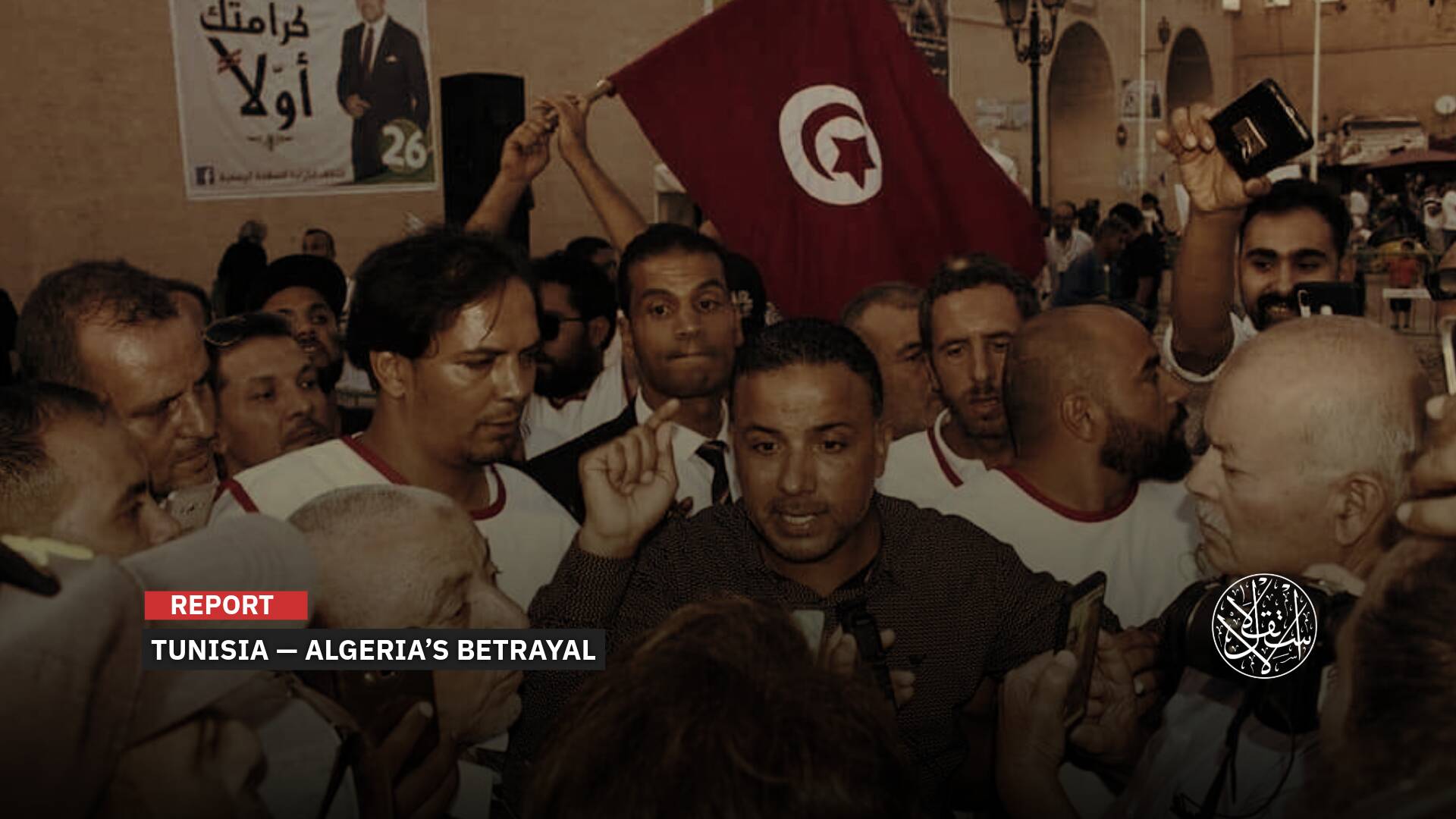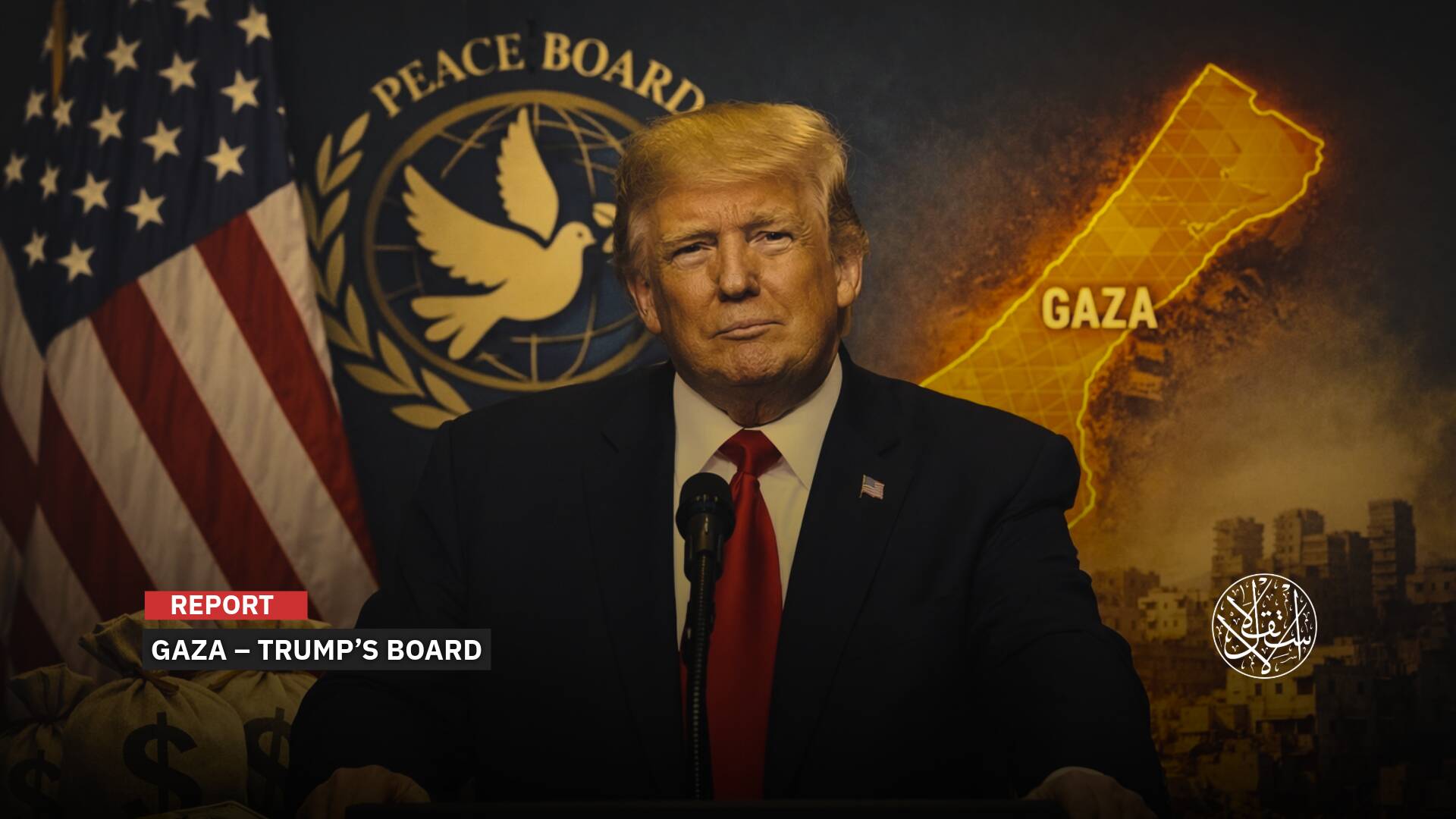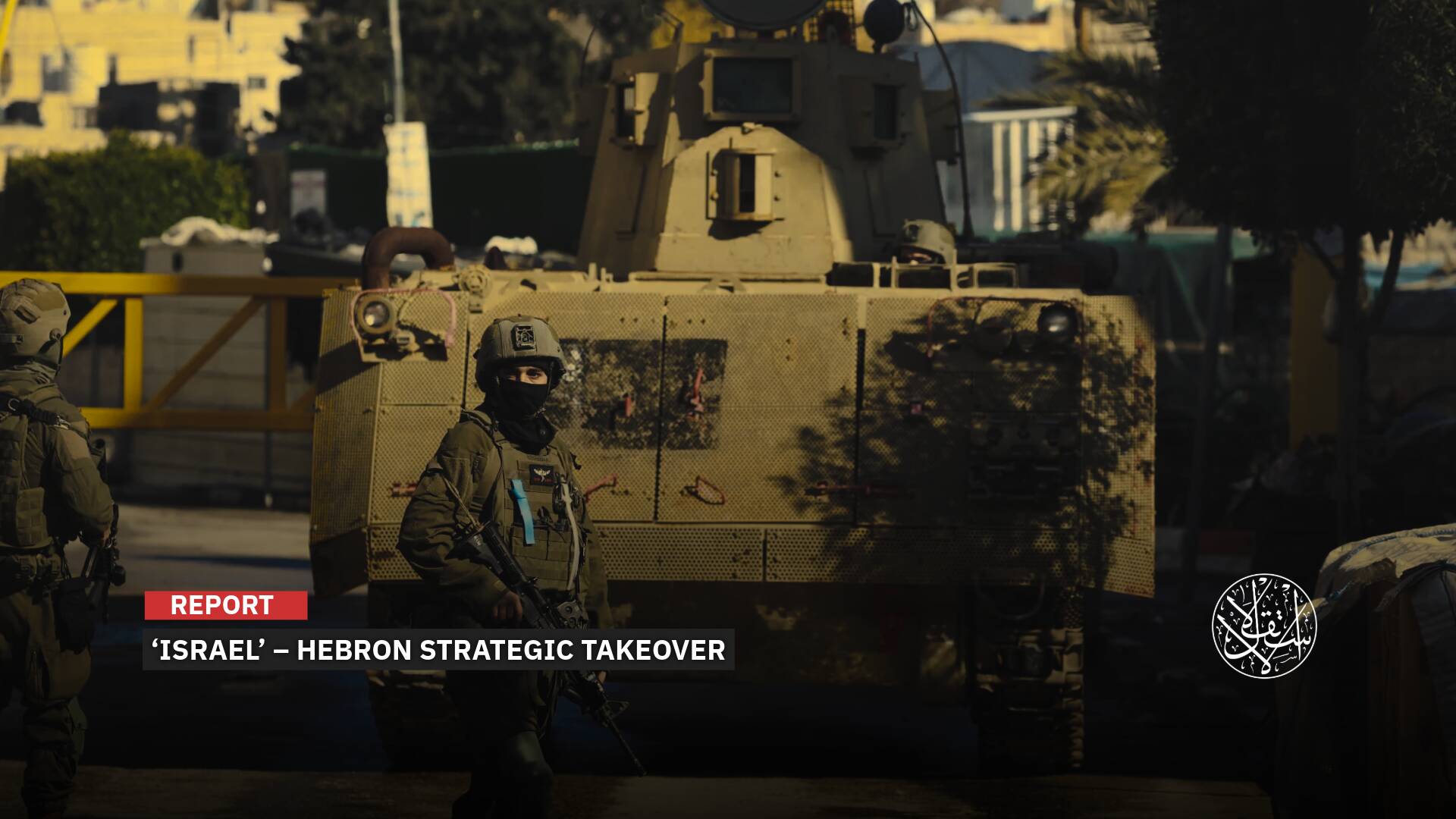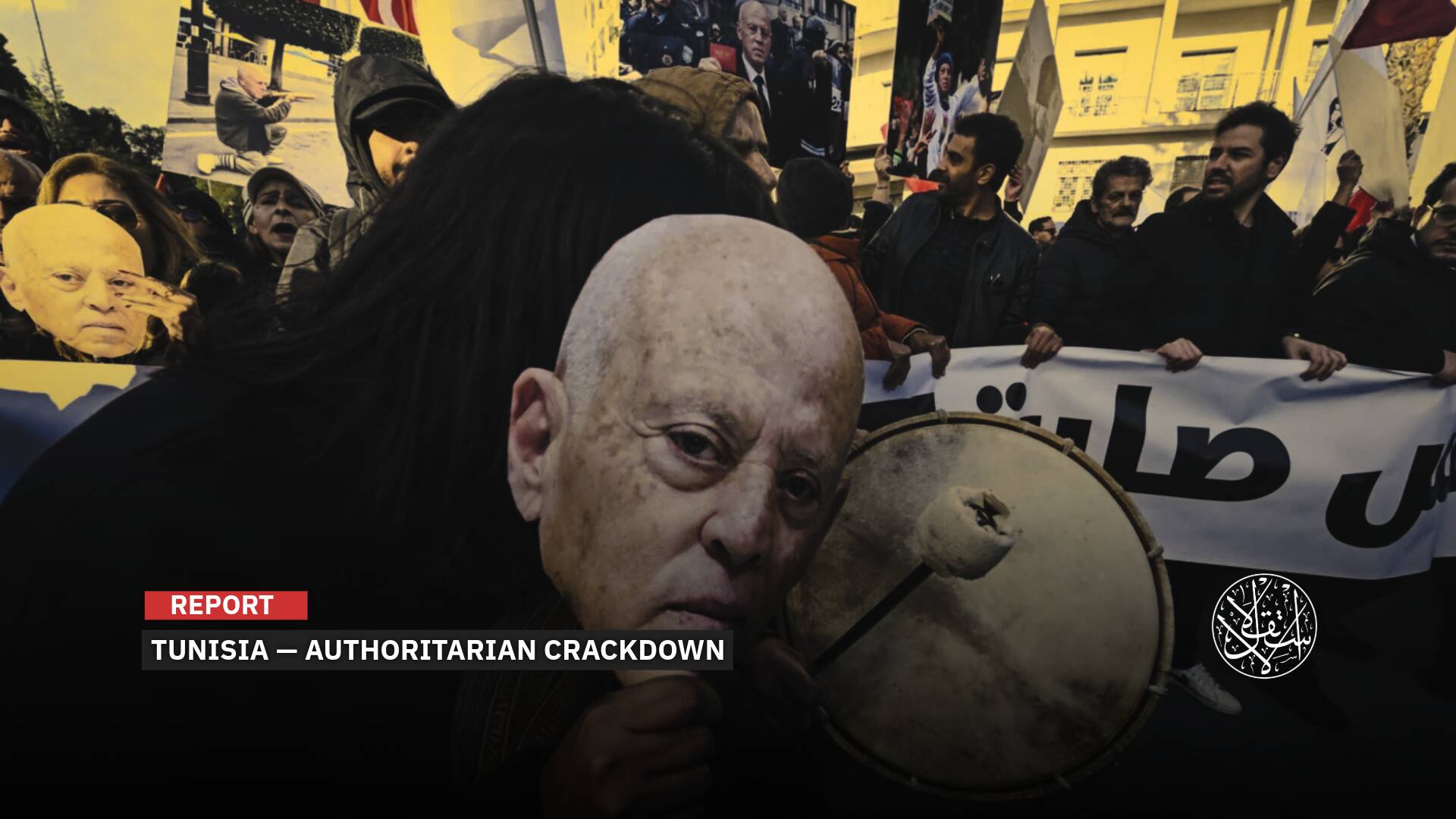Will Wagner Pull Off a Coup Against President Putin?

Wagner Group, a Russian military contractor, has gone rogue and seized control of a strategic region in southern Russia and threatened to march on Moscow in a stunning challenge to the Kremlin’s authority after its humiliating performance in the war in Ukraine.
The contractor, Yevgeny Prigozhin, who leads the Wagner Group, accused Russia’s top military brass of sabotaging his forces in Ukraine by withholding supplies and even targeting them with friendly fire.
His bold move exposed the deep rifts within the Russian army over the conduct and outcome of the war, which has cost thousands of lives and damaged Russia’s prestige and influence in the region.
Opposition Voices
For months, dissident voices within the army and among Putin’s allies have criticized the Kremlin’s war strategy on social media platforms like Telegram, accusing it of incompetence, corruption, and weakness.
Some of these critics, such as Chechnya’s strongman Ramzan Kadyrov, have close ties to President Vladimir Putin and enjoy considerable clout and popularity among Russian nationalists and hardliners.
The Kremlin has tried to contain this “electronic rebellion” by silencing or co-opting some of the dissenters, but it has also used the war crisis as an opportunity to consolidate its power and control over Russian society and economy.
In November, Putin announced a “partial mobilization” of the Russian people and granted sweeping new powers to the government and the defense ministry, allowing them to intervene in many aspects of the private sector and civil society.
These measures have increased the influence and wealth of the army and its loyalists while marginalizing or intimidating its opponents.
Contrary to some Western analysts’ expectations, Russia’s failures in Ukraine have not weakened Putin’s grip on power but rather strengthened it.
Full translation of the appeal by Kadyrov, who promises severe punishment to the traitors:
— Dmitri (@wartranslated) June 24, 2023
"Friends, the night turned out to be difficult and the flights did not give time to voice here my position on this vile betrayal!
Everything that is happening is a KNIFE IN THE BACK and a…
Initiating ‘Rebellion’
In a dramatic turn of events, Prigozhin accused Russia’s military of attacking a Wagner camp and killing a “huge amount” of his men.
He vowed to retaliate with force, insinuating that his forces would “destroy” any resistance, including roadblocks and aircraft. The Federal Security Service (FSB) opened a criminal case against Prigozhin, accusing him of “calling for an armed rebellion.”
Prigozhin marched his troops into the Russian city of Rostov-on-Don, and later declared his fighters had entered Russia’s Rostov region and occupied key military installations within its capital. That city is the headquarters for Russia’s southern military command and home to some one million people.
Prigozhin released a video saying his forces would blockade Rostov-on-Don unless Russian authorities give up Defense Minister Sergei Shoigu. He has spent months railing against Shoigu and Gerasimov, who he blames for Moscow’s faltering invasion of Ukraine.
Prigozhin posted an audio message on Telegram, claiming that his fighters had crossed from Ukraine into the Russian border city of Rostov-on-Don and would fight anyone who tried to stop them.
He later posted a video of himself at the military headquarters, which oversees the fighting in Ukraine, and claimed that his forces had taken control of military facilities in the city, including the airfield.
Russian authorities said security had been tightened in several regions, and the mayor of Moscow announced that “anti-terrorist” measures were being taken in the capital. Putin said in a speech on Saturday that “those who follow the path of treason or prepare for armed rebellion will be punished.”
Adding: “Any internal unrest poses a deadly threat to our state as a nation; it is a blow to Russia for our people and our actions to protect our homeland. Such a threat will face a severe response.”
Prigozhin was once a close ally of Russian President Vladimir Putin but now appears to be falling out of favor fast in Moscow.
The FSB accused him of calling for an “armed civil conflict on the territory of the Russian Federation and a stab in the back to Russian servicemen fighting pro-fascist Ukrainian forces.”
For his part, Putin has vowed punishment on those involved in “an armed rebellion.”
Heavily-pro-Kremlin propagandist Kots believes this operation by Prigozhintsi was planned weeks ahead which is shown by its complexity and level of preparation:
— Dmitri (@wartranslated) June 24, 2023
"I do not believe that the rocket attack on their rear locations was the detonator of the situation with the… pic.twitter.com/5yboSSXbO9
Unexpected Battle
Mostafa Solaim, a political researcher on Russian affairs, said that Putin found himself in an unexpected battle on his own turf: a violent clash among his military forces that exposed the fragility of his grip on power.
Speaking to Al-Estiklal, Solaim said that what began as a quest to restore Russia’s global stature after the collapse of the Soviet Union ended with a challenge to his throne from a convicted criminal on the fringes of his empire.
“Putin dreamed of emulating the tsars, but now he faces their fate: an internal rebellion that could cost him dearly. This time, the rebels are not peasants or Cossacks, but mercenaries and gangsters who rose to prominence under Putin and turned against him,” Solaim said.
“He launched wars against everyone from Georgia to Ukraine to Syria, but now he warns of a civil war in his own country. He believed he had reclaimed Russia’s prestige that was lost under former President Boris Yeltsin, but now he is at the point where Yeltsin faced turmoil against Ruslan Khasbulatov in the infamous 1992 tank assault on parliament.”
Solaim added that whatever the outcome of this Russian military conflict, things will never be the same again.
“Russia will lose part of its might in Ukraine, where it has been fighting for years. The Russian armed forces will pay not only for a prolonged war but also for confronting an insurgency and reorganizing their ranks.”
According to Solaim, Putin is betting on the time factor in pressuring Wagner forces to retreat from their expansion, using military skirmishes from time to time as one of the types of warning against entering into a direct military clash.
“But the question remains: How long will the Russian president and his army bet on the time factor?”
Regarding the scenarios possible, Solaim said that there are motives that compel Putin to stick to the option of peaceful negotiations—with some warning military skirmishes—in his dealings with Wagner and its leader, even if he makes some interim temporary concessions in favor of Prigozhin, in order not to lose the only trump card inside Ukraine and deep in Africa and the Middle East.
“But the most dangerous scenario is that Putin abandons his peaceful path in dealing with the crisis, which will reflect—if it continues—a distorted image of the Russian administration, politically and militarily, which may threaten the president’s political future,” Solaim concluded.












